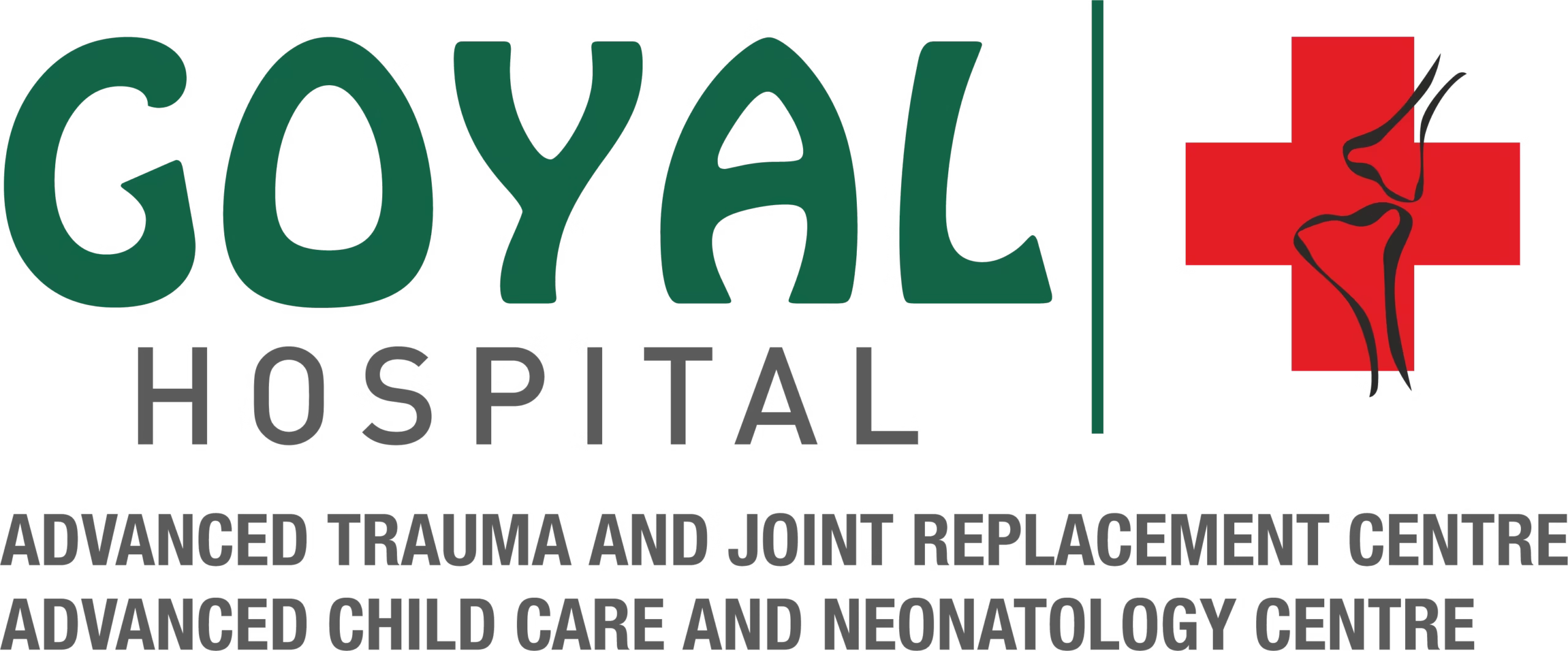Pregnancy Diet

Pregnancy Diet: Your Guide to a Healthy and Happy 9-Month Journey
There’s no doubt that a proper, balanced diet leads to a healthier and happier life—and this becomes even more important during pregnancy. As your body nurtures a new life, the right nutrition plays a critical role in your baby’s growth and your own well-being. A well-planned pregnancy diet ensures that both mother and baby stay strong, safe, and nourished throughout the nine months.
You Don’t Need to “Eat for Two”
A common myth during pregnancy is the need to “eat for two.” While you may feel hungrier than usual, especially in the second and third trimesters, it’s important to focus on quality over quantity. Even if you’re expecting twins or triplets, your dietary needs only slightly increase—not double. Focus on healthy meals, portion control, and smart snacking throughout the day.
Start Your Day Right
Begin your day with a nutritious breakfast. Avoid sugary or high-fat items like pastries and fried snacks. Instead, go for whole grains, fruits, and protein-rich options. Balanced meals help keep your energy levels steady and support your baby’s development.
Include a Variety of Fruits and Vegetables
Fruits and vegetables are essential during pregnancy. They are rich in vitamins, minerals, and fiber, helping with digestion and preventing constipation. Aim to eat at least five portions daily. You can include fresh, frozen, or canned varieties—but be sure to wash them thoroughly.
Don’t Ditch Carbs—Choose Wisely
Contrary to popular belief, starchy foods like potatoes, rice, pasta, bread, and oats are a vital part of a pregnancy diet. They provide energy, fiber, and essential nutrients. For better nutrition, choose wholegrain or high-fiber options such as wholewheat bread, brown rice, or skinned potatoes.
Add Protein to Your Daily Diet
Protein is vital for your baby’s growth, especially during the second and third trimesters. Include sources like:
Lean meat and poultry
Fish (2 portions per week, one being oily like salmon)
Eggs (thoroughly cooked)
Nuts, beans, pulses, and tofu
Avoid raw or undercooked meat and high-mercury fish like swordfish, marlin, and shark.
Make Smart Dairy Choices
Dairy products are excellent sources of calcium, protein, and vitamin D, all essential for your baby’s developing bones and teeth. Include milk, cheese, and yoghurt in your diet. If you are lactose intolerant or vegan, opt for fortified plant-based alternatives such as soya or almond milk.
Choose low-fat and low-sugar dairy options whenever possible.
Don’t Completely Avoid Fatty or Sugary Foods
While foods high in fat and sugar—like chocolates, biscuits, pastries, and fizzy drinks—should be limited, you don’t need to eliminate them entirely. Moderation is key. Occasional indulgence can satisfy cravings without affecting your weight or cholesterol.
In Summary
A healthy pregnancy diet is about balance, moderation, and variety. You don’t need expensive or fancy foods—just stick to clean, nutritious meals and consult your doctor for supplements if needed. A mindful approach to eating during pregnancy helps you maintain energy, avoid complications, and support your baby’s healthy development.
If you’re unsure where to start or need expert dietary guidance, Goyal Hospital is here to help. Our team of experienced doctors and nutritionists can guide you through every stage of pregnancy—ensuring you and your baby stay safe, nourished, and healthy throughout this beautiful journey.
Get In Touch
Gynaecology Treatments
Menu
Orthopaedic
Menu
